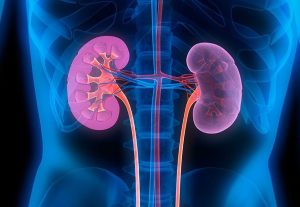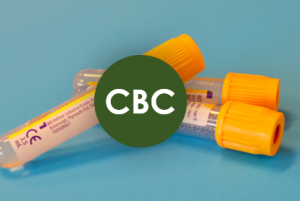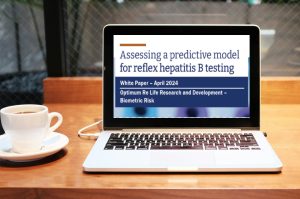In our previous blog article, we discussed how lack of sleep can lead to chronic health implications. Sleep deprivation can lead to more than just being tired during the day. We discussed how it can lead to conditions such as heart disease, stroke and high blood pressure.
So how do you know if sleep deprivation is affecting your applicant’s health? To aide underwriters in their process of ranking applicants, our Risk IQ product ranks an applicant based on their specific laboratory and physical measurement profile. If an applicant suffers from sleep deprivation, some of these tests may show a higher score to the underwriter, thus raising concern on the applicant’s health.
How can Risk IQ help?
Through recent studies, Risk IQ results have shown how different variables can detect mortality. Unlike conventional “knock-out” based underwriting criteria, Risk IQ is able to accurately gauge the cumulative effects of moderately sub-optimal (“low normal” or “high normal”) results, no one of which may appear worthy of special attention on a univariate basis (i.e., in isolation from the remainder of the profile).
As would be expected from a mortality model constructed exclusively from laboratory and paramedical data, those causes of death for which Risk IQ was a statistically significant predictor were predominately medical, as opposed to those attributable to accident, homicide, or suicide. Specifically, it appears that Risk IQ is a predictor of claims for cardiovascular mortality.
Cardiovascular
Perhaps the most striking attributes of heart disease appears to be the lipid panel More research needs to be done, but it appears that Risk IQ’s deprecation of lipids reflects the multivariate nature of our analysis in that elevated cholesterol appears to be strongly correlated with unfavorable builds, low serum albumin, and elevated LFTs, all of which tend to reduce its independent predictive value.
So what actions can be taken by a person who may be suffering sleep deprivation?
DO
- Create a sleep chamber
- Maintain bedtime/wakeup time
- Exercise regularly
- Avoid alcohol and caffeine
- Establish a bedtime ritual
- Don’t use tobacco products
- Spend time outdoors
DON’T
- Drink fluids before bed
- Work on a computer, watch TV or read in bed
- Use tobacco products




















In our previous blog article, we discussed how lack of sleep can lead to chronic health implications. Sleep deprivation can lead to more than just being tired during the day. We discussed how it can lead to conditions such as heart disease, stroke and high blood pressure.
So how do you know if sleep deprivation is affecting your applicant’s health? To aide underwriters in their process of ranking applicants, our Risk IQ product ranks an applicant based on their specific laboratory and physical measurement profile. If an applicant suffers from sleep deprivation, some of these tests may show a higher score to the underwriter, thus raising concern on the applicant’s health.
How can Risk IQ help?
Through recent studies, Risk IQ results have shown how different variables can detect mortality. Unlike conventional “knock-out” based underwriting criteria, Risk IQ is able to accurately gauge the cumulative effects of moderately sub-optimal (“low normal” or “high normal”) results, no one of which may appear worthy of special attention on a univariate basis (i.e., in isolation from the remainder of the profile).
As would be expected from a mortality model constructed exclusively from laboratory and paramedical data, those causes of death for which Risk IQ was a statistically significant predictor were predominately medical, as opposed to those attributable to accident, homicide, or suicide. Specifically, it appears that Risk IQ is a predictor of claims for cardiovascular mortality.
Cardiovascular
Perhaps the most striking attributes of heart disease appears to be the lipid panel More research needs to be done, but it appears that Risk IQ’s deprecation of lipids reflects the multivariate nature of our analysis in that elevated cholesterol appears to be strongly correlated with unfavorable builds, low serum albumin, and elevated LFTs, all of which tend to reduce its independent predictive value.
So what actions can be taken by a person who may be suffering sleep deprivation?
DO
DON’T